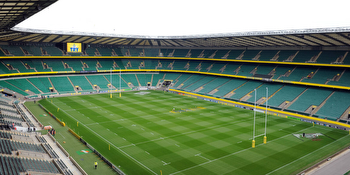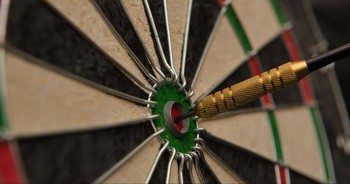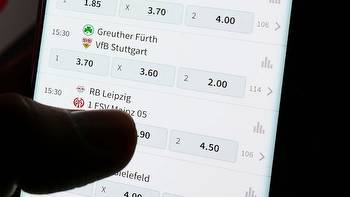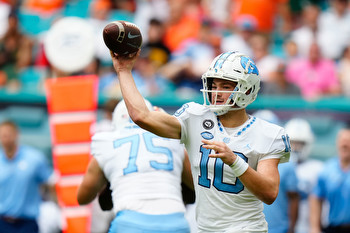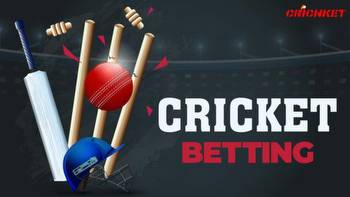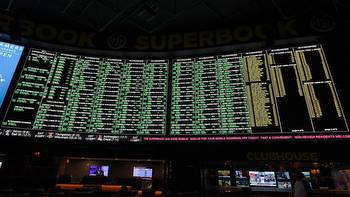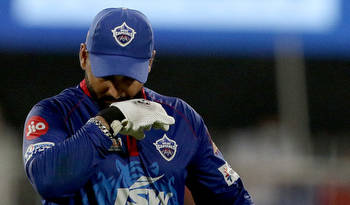How Do Odds Work In Sports Betting?
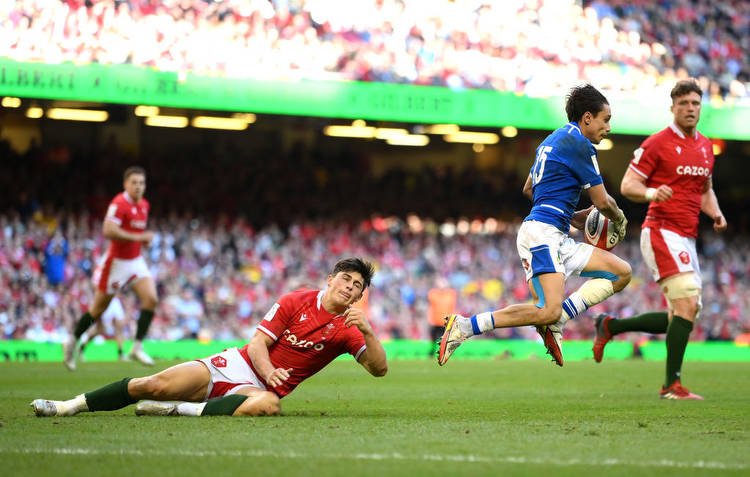
In sports betting, odds represent the probability of an outcome and the return a bettor will receive if their bet is successful. There are several ways to express odds, including fractional odds and decimal odds.
In sports betting, odds represent the probability of an outcome and the return a bettor will receive if their bet is successful.
Fractional odds are expressed as a ratio. For example, if the odds of 3/1 are 3 units, the bettor will receive 3 for every 1 unit of currency wagered.
Decimal odds are expressed as a single number. They represent the total return that a bettor will receive if their bet is successful.
Moneyline odds are used in North American sports betting. A positive number indicates the amount of money that a bettor will win if they wager $100, while a negative number means that they must wag $200 to win $ 100.
Some of the most common factors that affect the odds of an event are:
Injuries can affect the odds for a particular event.
Form is important in sports betting. If a team is in good form, they are more likely to win and their odds are lower. Conversely, if a side is poor, their chances are higher. Wales' poor form last year should be a concern for those betting on the 2023 Six Nations.
The weather can affect the outcome of an event, particularly in outdoor sports.
The odds for a particular event can be influenced by the volume and direction of bets being placed by public.
There are several steps to get the best sporting odds when placing a bet. It's a good idea to compare the odds offered by different bookmakers for the same event. News and developments can affect the betting odds. Bookmakers offer promotions and bonuses to attract new customers. Different types of bets have different odds and it's important to remember that the bookies adjust the Odds to make a profit.


